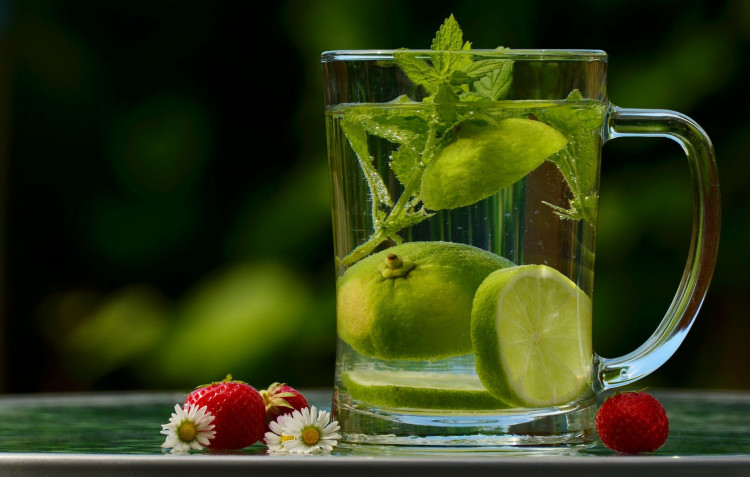The supposed health effects of a cleanse or detox, intended to extract toxins from the body, are heard from all corners of weight loss space. There are a lot of claims about different detox regimens that may be in the form of a fast, diet, drink, or powder.
What you do not know is that we naturally detox our bodies! It is the duty of our digestive tract, liver, kidneys, and skin to break down toxins by feces, urine, or sweat.
How does a detox work?
The idea behind cleansing is that toxins are removed by avoiding solid foods or particular food groups. That apparently provides a break to your digestive system, helping it to recover and properly absorb nutrients.
Drinks like water with lemon, maple syrup, and cayenne pepper, green tea, or freshly squeezed fruit and vegetable juices are often substituted for solid foods. Cleansing can last for a day or a month.
Are detoxifying diets effective?
The reality is, there is no conclusive medical evidence that it will heal your digestive tract from skipping solid foods.
But solid foods are helpful, actually. Fiber, which is found in foods based on plants such as fruits and vegetables, slows digestion, helps absorb nutrients, and removes toxins via stools. Your digestive tract uses fiber probiotics to feed beneficial bacteria to your intestines, which helps to maintain immune health.
The reality is that detox diets are not effective for long-term weight loss. The weight you lose from a cleanse is the result of the lack of fluids, stores of carbohydrates, and stools, all of which return after a regular diet is restored.
For sports, losing carbohydrate stores indicates removing the ideal food source for the body during exercise. So a cleanse is not sufficient for any sport during exercise.
What are detoxing's pros and cons?
Consider the positives and pitfalls before you opt to cleanse and spend big bucks on miracle drinks or pounds of freshly juiced fruits and vegetables.
Pros:
- Increased vitamin and mineral intake will benefit you either naturally from juiced fruits and vegetables or enhanced by beverages.
- By removing certain items for many days, and then steadily reintroducing possible trigger items, it will allow you to identify food sensitivities.
Cons:
- These diets are low in calories, which will leave you with little ability to exercise and can interfere with your blood glucose and metabolic rate.
- Gastrointestinal pain and regular bowel movements can occur to you.
- Detox diets have poor protein content.
Know that the body is supposed to detox itself, however you decide. For your whole body, a nutritious diet of whole foods such as vegetables, fruit, whole grains, and legumes is good and would not interfere with your workout performance.






